Top 10 science stories of 2016: Gravitational waves, Zika, Proxima b and more
At first glance, the stories taking the top two spots in Science News’ review of 2016 have little in common. Scientists began searching decades ago for gravitational waves. Discussions of these subtle signals from dramatic and distant phenomena appear dozens of times in the SN archive starting as early as the 1950s. Their long-awaited discovery, our No. 1 story of the year, touched off celebration of a new era in astronomy.
Less expected, and far from subtle, was the sudden rise in Brazil of microcephaly cases, linked this year to Zika virus infections — our No. 2 story. Little was known about Zika before the outbreak, which delivered devastation and fear across the Americas. In fact, only a single previous mention of Zika exists in the SN archive, in a book review from the 1990s.
But the stories have at least one thing in common: Both highlight the power of scientific discoveries to trigger our deepest human emotions. Pure elation as well as overwhelming dread can accompany research advances.
2016 brought many more sentiments, too. There was enthusiasm for the discovery of the exoplanet Proxima b, concern for the prospects of three-parent babies and feelings of potential but also impending peril in the openings of Arctic passageways.
The editors and writers at Science News also recognize that some of the best and most moving stories are those that are still unfolding. So, in addition to the discoveries of 2016, we review milestones, setbacks and other tales of unsteady progress. Sonia Shah writes about a new wave of infectious diseases; Tom Siegfried explores convergent failures in the field of particle physics; and Laurel Hamers covers key challenges for self-driving cars. Then, Science News writers share what science news they’re most excited about in the year to come. — Elizabeth Quill
The Top 10 Stories of 2016
1
Gravitational waves
The detection of gravitational waves introduced a new era in astronomy. Expect new details about black holes and other cosmic phenomena.
2
Zika virus
Zika brought devastation to families in Brazil, where cases of microcephaly surged. Fear has also spread across the Americas.
3
Proxima b
Astronomers discovered a planet around the closest star to the sun, fueling sci-fi dreams of interstellar travel.
4
Three-parent baby
A baby boy born this year has DNA from mom and dad, plus donor mitochondria. The technique raises safety and ethical concerns.
5
Arctic sea ice loss
Researchers are now studying the complex biological consequences of polar melting and the opening of Arctic passageways.
6
Ancient human migration
DNA studies put new twists on the timing of human migrations out of Africa – but genetics alone are not enough to tell the full story.
7
Minimal genome
A synthetic cell reported this year jettisons unnecessary genes and embraces human design principles.
8
Alzheimer's treatment
A drug that swept away amyloid brain plaques in people with Alzheimer's will undergo new tests to see if it also improves cognitive performance.
9
Antarctic ozone hole
Research this year confirms that the Antarctic ozone hole is healing – a success attributed to international cooperation and new technologies.
10
Artificial intelligence
AlphaGo’s triumph over its human opponent in the board game Go provides a glimpse into the future of artificial intelligence

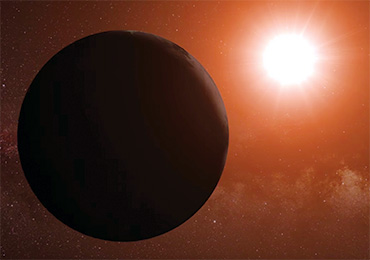
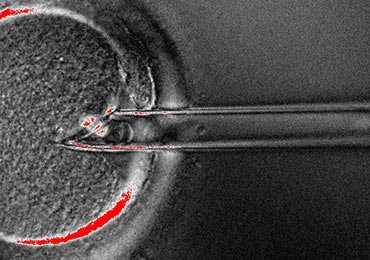
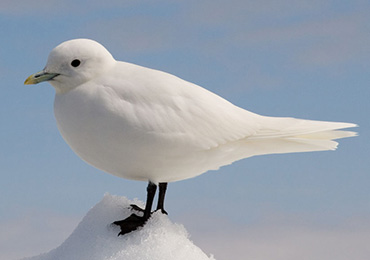


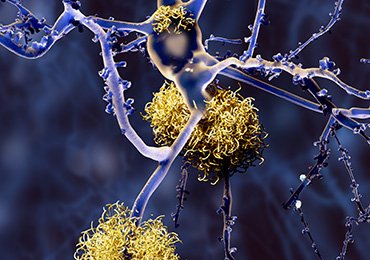
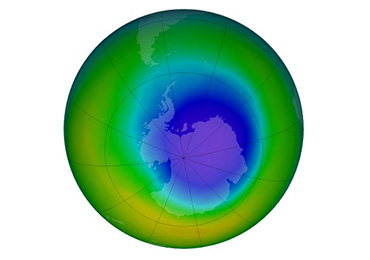

Hi! I am a robot. I just upvoted you! I found similar content that readers might be interested in:
https://www.sciencenews.org/article/top-science-stories-2016